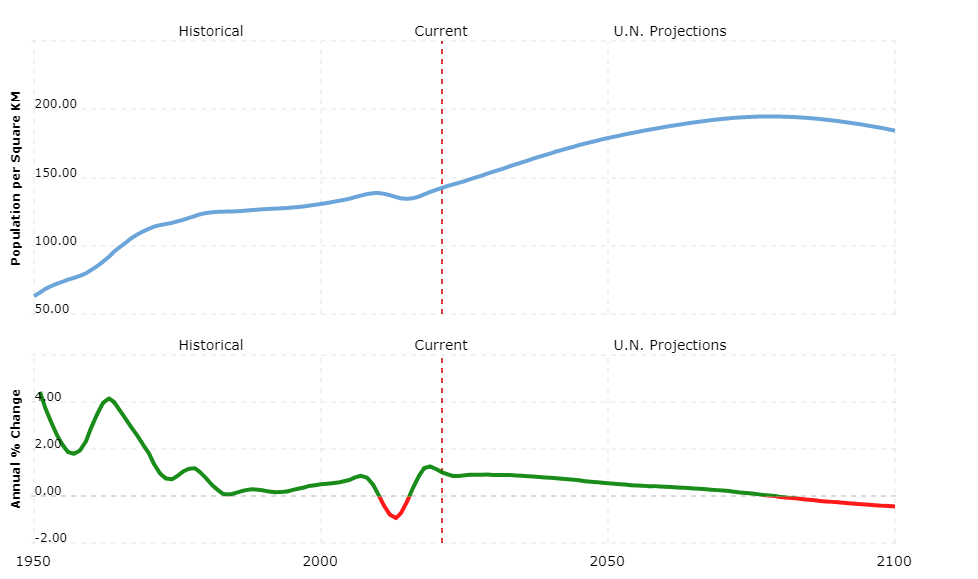Tonga Overview
Official language Tongan, English Capital Nuku’alofa Form of government Constitutional inheritance monarchy Area 750 km² Residents 112,000 Currency Pa’anga Time zone UTC +13 License Plate VOLUME Internet TLD .to Telephone area code 00676 Geography The Kingdom of Tonga is located in the Southwest Pacific and consists of 171 islands that form a long chain running… Read More »
